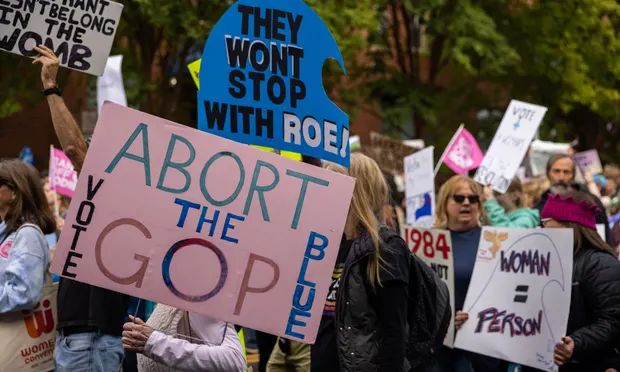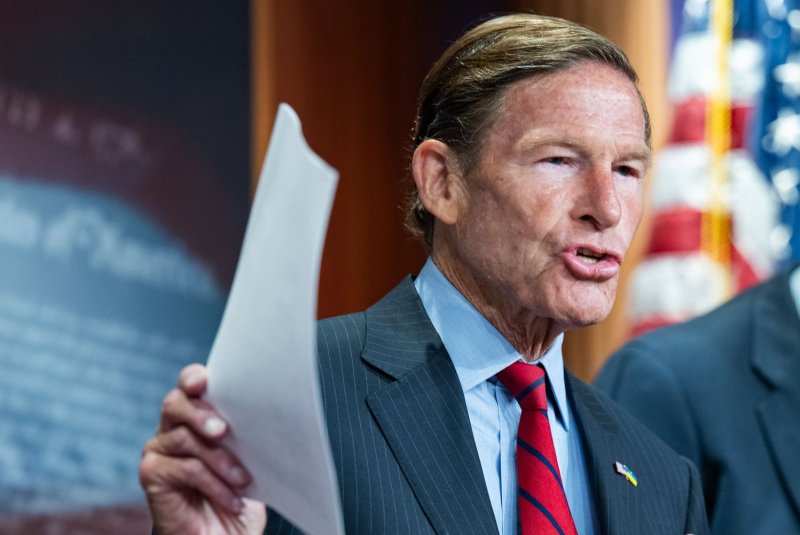Women with restricted access to abortion during the last 40 years may have faced a higher risk of suicide, according to new research from the University of Pennsylvania
Abortion restriction laws may have influenced suicide rates among reproductive-aged women from 1974 to 2016, according to a study released Wednesday in JAMA Psychiatry.
Previously, the Turnaway Study conducted by the University of California, San Francisco found that women are more likely to suffer anxiety and loss of self-esteem in the short term after being denied an abortion and are less likely to have aspirational life plans for the coming year.
However, according to the researchers behind Wednesday’s study, this study is the first of its kind to test whether access to reproductive care is directly associated with suicide.
According to the study in JAMA, 21 states implemented at least one targeted regulation of abortion providers law from 1974 to 2016. Trap laws are measures that regulate where abortions may be provided and performed. Major medical organizations oppose Trap laws and have called them clandestine attempts to limit abortion access via costly and medically unnecessary requirements.
Some Trap law regulations include minimum measurements for room size and corridor width, which according to the Guttmacher Institute, “may necessitate relocation or costly changes to a clinic’s physical layout and structure”.
“By imposing regulations that sound technical and bureaucratic to a casual observer, [Trap laws] avoid the kind of widespread public scrutiny that the flurry of bans passed in 2019 provoked. Typically cloaked in the language of healthcare, the regulations they impose on abortion providers are costly and, in many cases, impossible to comply with,” said a report from the American Civil Liberties Union.
Since 1970, states have enacted more than 1,300 abortion restrictions, including limitations on abortion after six weeks’ gestation. “Enforcement of a Trap law was associated with a 5.81% higher annual rate of suicide than in pre-enforcement years,” Wednesday’s study revealed.
“Among reproductive-aged women, the weighted average annual-state level suicide rate when no Trap laws were enforced was 5.5 for every 100,000 deaths. We found that the enforcement of a Trap law was related to higher suicide rates among reproductive-aged women … but not to suicide rates among women of post-reproductive age,” the study added.
According to researchers behind the study, the findings are significant for several reasons, especially as suicide currently represents the second and third leading cause of death among reproductive-aged women who are 20 to 24 years old and 25 to 34 years old, respectively.
“Clinicians should be cognizant of the additional stresses that restricted access to reproductive care engenders as it pertains to clinical care and suicide prevention for women of reproductive age,” the study said.
The findings also inform “ethical considerations surrounding access to abortions and reproductive care more broadly”, it added, especially given the overturn of Roe v Wade earlier this year.
Researchers also argue that the findings “contribute to a ‘multi-level’ approach for suicide prevention that relies on integrating individual- and population-level factors”.




